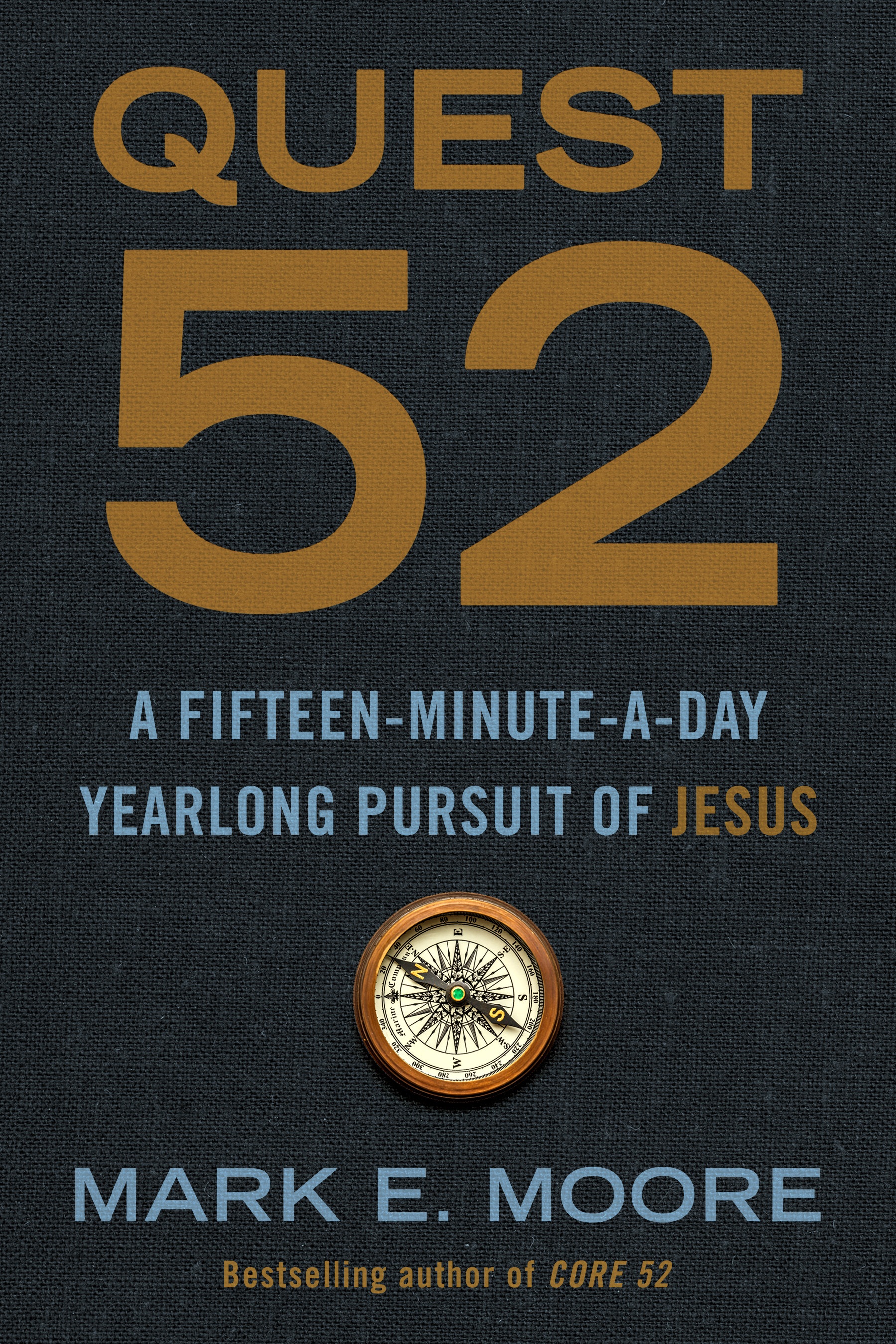5 Things Most of Us Misunderstand about Jesus

After teaching the life of Christ at the collegiate level for more than two decades, I am continually struck by how little I know about Jesus of Nazareth. He is constantly above and beyond our expectations. Here are a few things that surprise many people about him when viewed against the backdrop of our Western expectations.
1. Christ Is His Title, Not His Last Name
Ok, so you likely already knew that. But did you know that the term Christ is not a claim to deity but an earthly political title roughly equivalent to King? That’s why Mark’s gospel opened by identifying Jesus as Christ (King) for the Jews and as the “son of God” (Emperor) for the Romans. Jesus’s intention, as Messiah, was to be the new King David who would fulfill the regal role as God’s vassal on earth. That’s why his preaching hovered around the “kingdom of God.” We tend to think of Jesus as a religious figure, which he is, but he also saw himself as a political ruler. The main difference is that his leadership was not limited to a single nation but included every tongue, tribe, and nation, and both the spiritual and earthly realms.
2. Jesus Is Lord, Not Just Savior
Jesus didn’t come merely to save us from our sins but also to establish a kingdom over which he is sovereign. It seems to me that our emphasis on salvation by grace alone (which is correct) has made us hesitant to speak boldly about the claims of Christ over our morality, our money, and our relationships. Yet it is impossible to speak of Jesus merely as Savior without recognizing him as Lord. His imperatives are commands to be obeyed, not just suggestions we get to vote on.
3. Jesus was Not Pro-family
Jesus prioritized children. He prioritized widows. He prioritized the poor and the outcast. But most of what he said about the nuclear family was not positive. For example, he expected to divide families: “Do not suppose that I have come to bring peace to the earth. I did not come to bring peace, but a sword. For I have come to turn ‘a man against his father, a daughter against her mother, a daughter-in-law against her mother-in-law—a man’s enemies will be the members of his own household’” (Matthew 10:34–36 NIV). That was certainly true of his own family. At one point, they were so off-put by his companions that they came for an intervention. When they knocked at the door, Jesus rejected them with these words: “‘Who are my mother and my brothers?’ he asked. Then he looked at those seated in a circle around him and said, ‘Here are my mother and my brothers! Whoever does God’s will is my brother and sister and mother’” (Mark 3:33–35 NIV).
Nonetheless, families who prioritize Jesus have stronger bonds and better relationships even though Jesus never prioritized biological families.
4. Jesus Did Not Welcome Outsiders
Only once did Jesus go out of his way for a foreigner. It was a Samaritan woman (John 4). There are others he was kind to or healed, such as the Syro-Phoenician woman with a demonized daughter, the centurion of Capernaum, and the Greeks in the Temple of Jerusalem. But they came to him, not he to them.
Nevertheless, Jesus always intended to expand the kingdom of God on a global scale. His reworking of ethics made Christianity innately applicable to any culture or people group. For example, he proved that cleanness was more contagious than uncleanness by touching a leper. By prioritizing the sick and sinners, he established a pattern of ignoring or deliberately breaking barriers. That’s why he declared all foods clean so that our tables would be open to all. And after his resurrection, his five great commissions explicitly stated his plan for outward expansion. One simply cannot claim to be a Christ-follower and be ethnically, economically, or culturally focused on one’s own experience and surroundings.
5. Jesus’s Cross Is Yours
Most of the talk about a cross in the Gospels refers to Jesus’s cross. However, nearly 1/3 of the cross talk is about our cross. In fact, the two are inextricably intertwined. Here’s what Jesus said immediately after predicting his death for the first time: “Whoever wants to be my disciple must deny themselves and take up their cross and follow me. For whoever wants to save their life will lose it, but whoever loses their life for me will find it” Matthew 16:24–25 (NIV).
Jesus’s death saved sinners from their sin; ours saves society from itself. Part of the current malaise of Christianity is our tendency to defeat our enemies rather than suffer for them. When we take up our cross and follow Jesus, we are more winsome and powerful in a hostile world.

His newest book, Quest 52: A Fifteen-Minute-a-Day Yearlong Pursuit of Jesus, highlights the key moments from Jesus’s life, revealing his identity, his expectations, his priorities, and his ultimate purpose. Each week features a handpicked gospel reading from the life of Jesus, plus an Old Testament passage foreshadowing his coming, a New Testament story revealing his impact, an invitation to discuss insights with fellow travelers, and practical ways to practice each lesson. The quest will enhance readers’ understanding of Jesus and will forever change how they make choices, engage with others, interpret today’s big issues, and even view themselves!
Originally published December 23, 2021.




